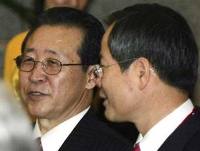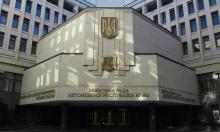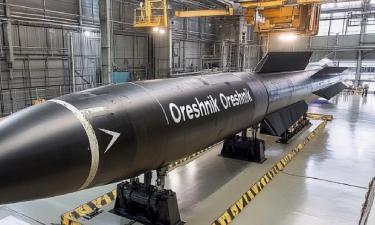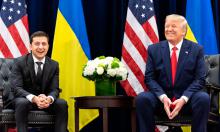South Korea talks with North Korea on possible aid
South Korea began talks with North Korea on possible aid despite its failure to make progress on an international agreement to dismantle its nuclear programs.

The economic talks in Pyongyang, which run through Saturday, come as the two Koreas restore relations that suffered a blow last year following the North's missile and nuclear tests that rattled regional stability. Dialogue between the two sides was restored after North Korea pledged in February to take steps to dismantle its nuclear weapons programs in exchange for energy aid and political concessions.
However, North Korea failed to meet a Saturday deadline to shut down its sole operating nuclear reactor because it is waiting for a separate financial dispute to be resolved. North Korea's main precondition for disarming has been to receive some US$25 million (EUR18.6 million) in funds frozen after Washington blacklisted a Macau bank for alleged complicity in North Korean money laundering and counterfeiting.
South Korea has previously said it would act on a North Korean request for 400,000 tons of rice at this week's economic talks the 13th such session no matter what happened with the disarmament process. But it remained unclear if Seoul would agree to resume the food shipments after Deputy Unification Minister Kim Jung-tae said Tuesday simply that "food aid will be discussed" at the talks.
At an opening banquet Wednesday evening, the North pressed the South to separate the nuclear issue from the economic talks.
"We work in the strict principle of the separation of politics and economics," North Korean Senior Cabinet Councilor Kwon Ho Ung said, according to pool reports. "Let's implement already agreed-upon issues, overcome barriers bravely and advance grandly as united people."
Earlier Wednesday, South Korean President Roh Moo-hyun asserted that the February disarmament agreement "will be implemented."
"Agreement was reached on the fundamental issue and both sides have the will to carry it out," Roh said, apparently referring to the U.S. and North Korea.
"However, a delay happened because of a technical glitch, which both sides had not expected," Roh said in Seoul during a news conference with visiting Italian Prime Minister Romano Prodi. "This problem is almost solved and it won't invalidate the agreement."
In Pyongyang, the two Koreas were also expected to discuss test runs of trains across restored rail lines through their heavily fortified border. A planned test was called off last year after the North's military protested, saying proper security arrangements had not been made.
The North and South remain technically at war but have embarked on a course of reconciliation after their leaders met in a 2000 summit.
Subscribe to Pravda.Ru Telegram channel, Facebook, RSS!



